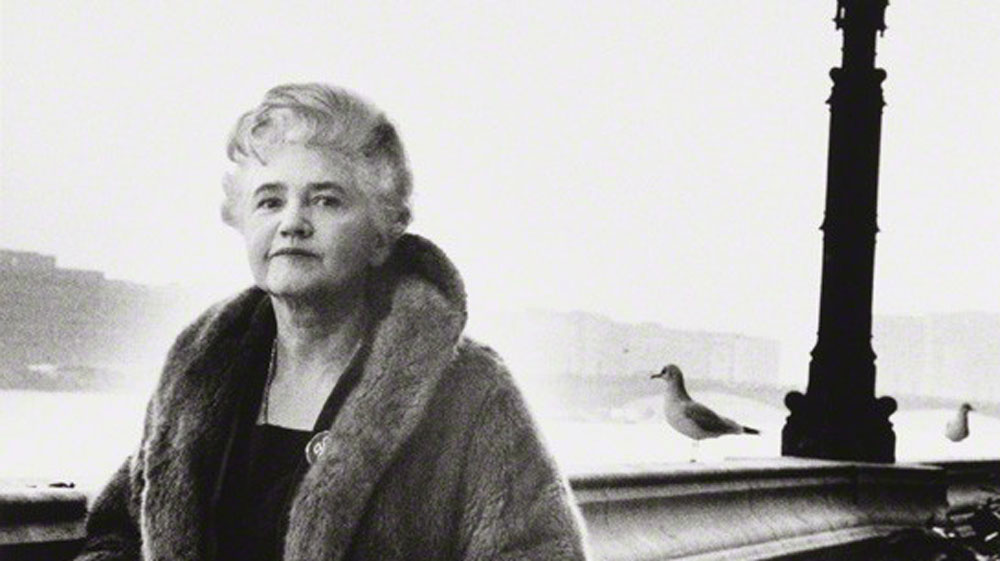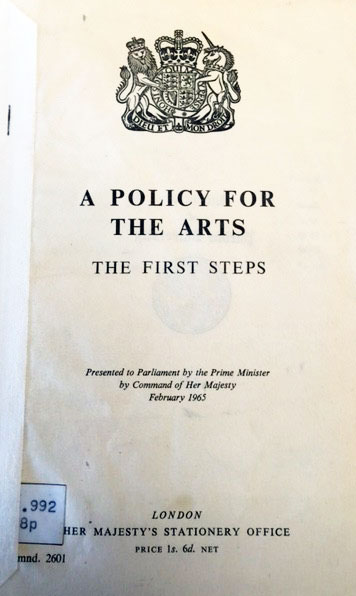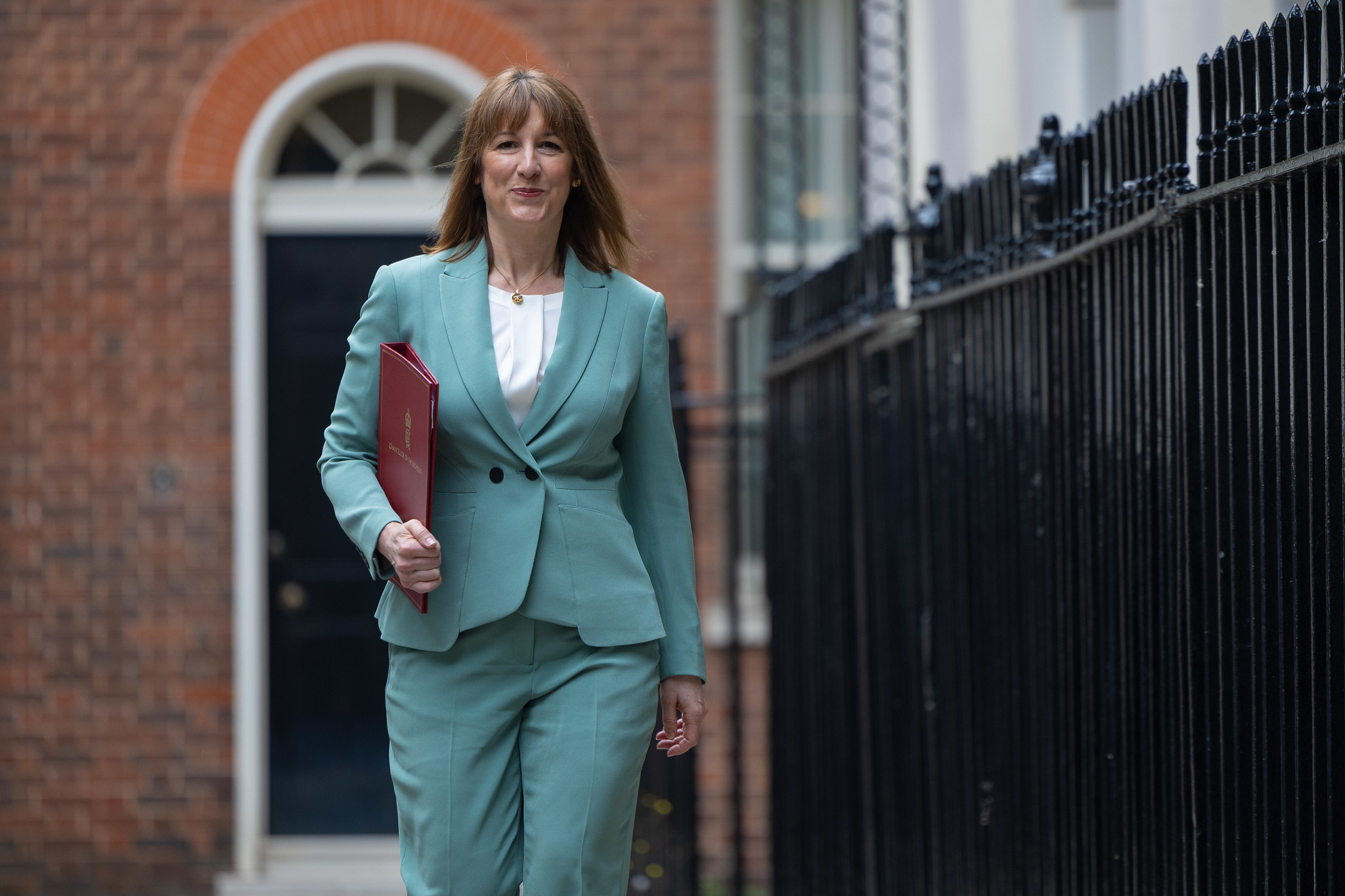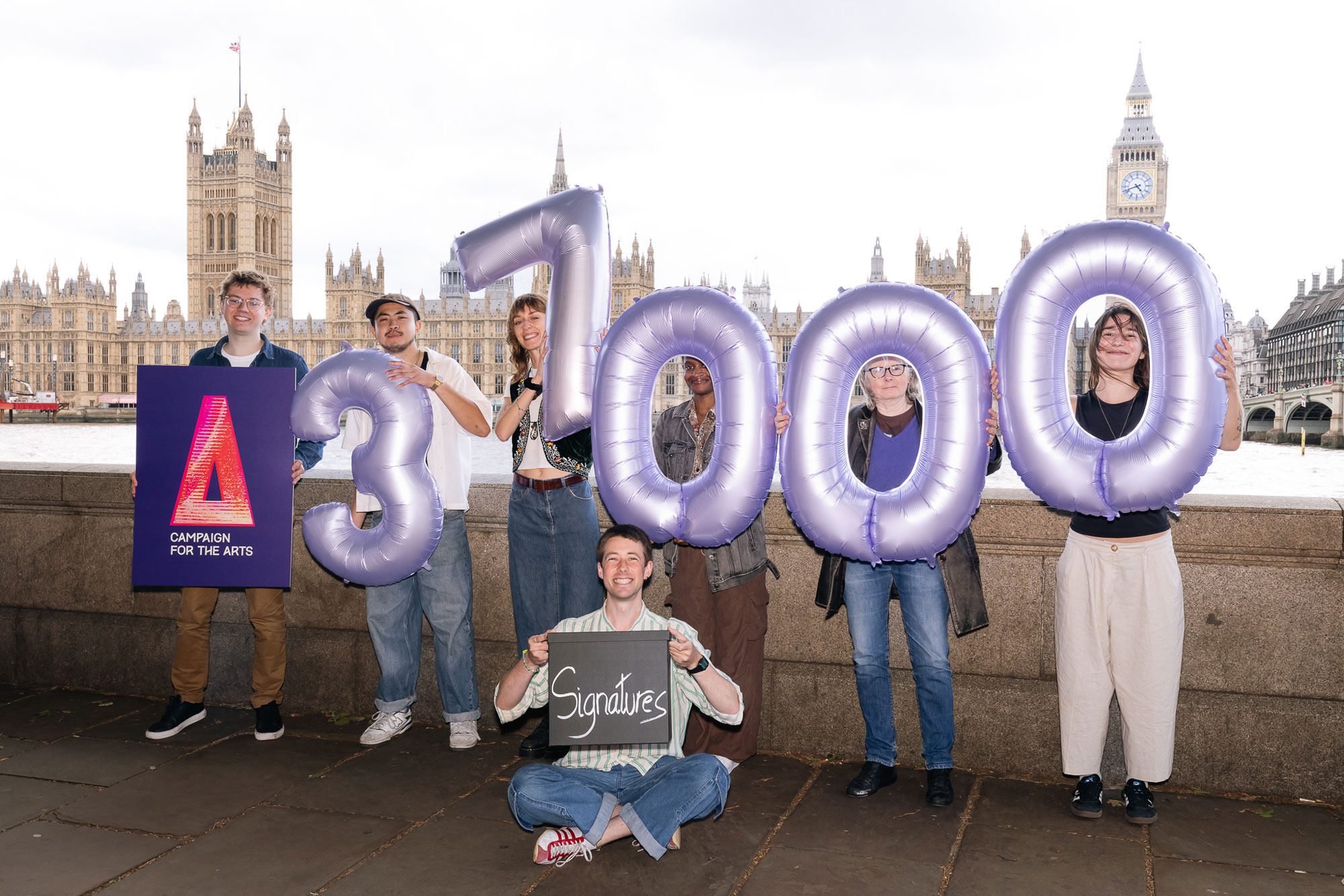Today (25 February 2025) marks 60 years since Jennie Lee, Britain’s first ever Minister for the Arts, published ‘A Policy for the Arts – The First Steps‘.
Lee’s groundbreaking ‘white paper’ insisted that the arts should be central to everyday life and publicly supported for the benefit of all.
Who was Jennie Lee?
Jennie Lee was a Scottish politician and journalist. She was a passionate advocate for the arts and education. As well as transforming cultural policy in the UK, she played a pivotal role in founding the Open University.
Born in 1904 into a Fife mining community rooted in Scottish socialism, Lee had a meteoric rise within the Independent Labour Party and at the age of 24 won the Parliamentary seat of North Lanarkshire.1 She lost the seat in 1931 and worked as a journalist before returning to Parliament in 1945 as member for Cannock, an office she held until 1970.
After the 1964 General Election, Lee was appointed Britain’s first ever Minister for the Arts. Harold Wilson’s Labour Government transferred responsibility for funding of the Arts Council from the Treasury to the Department of Education and Science, and appointed Jennie Lee to provide “a degree of co-ordination in cultural planning which [was] quite new to Great Britain”2.
On 25 February 1965, Lee published her seminal White Paper, ‘A Policy for the Arts – The First Steps’.
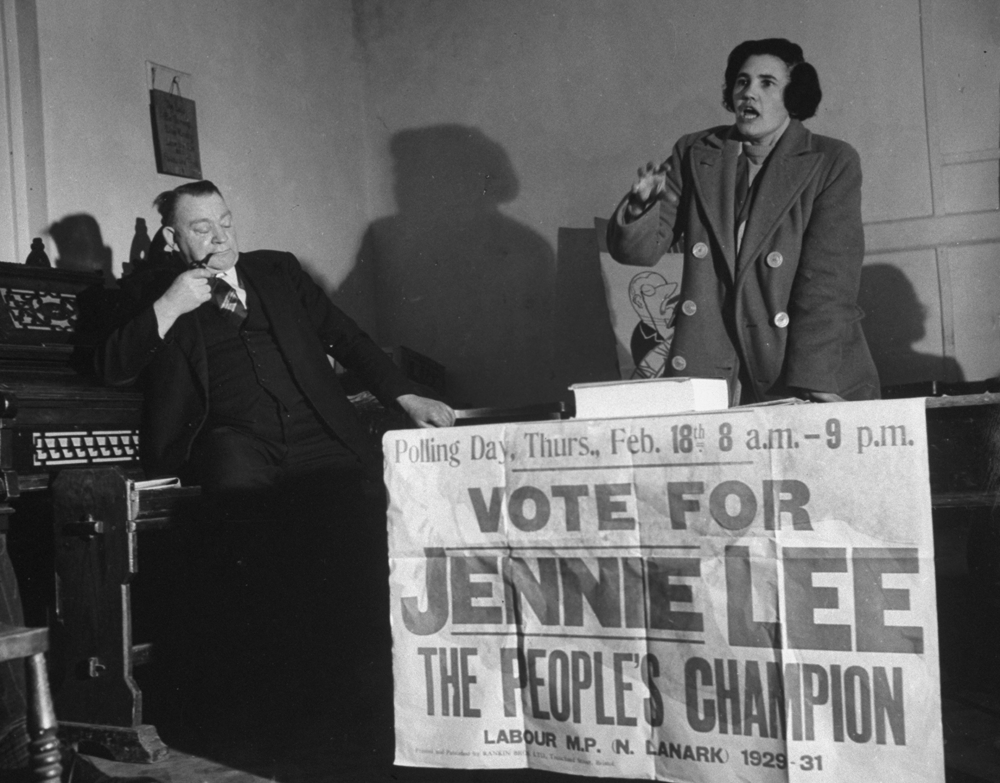
Jennie Lee, A Policy for the Arts – The First Steps“In any civilised community the arts… must occupy a central place. Their enjoyment should not be regarded as something remote from everyday life.”
What is a ‘white paper’?
White papers are policy documents produced by the Government that set out their proposals for future legislation.
This provides a basis for further consultation and discussion with interested or affected groups and allows final changes to be made before a Bill is formally presented to Parliament.3
Jennie Lee, A Policy for the Arts – The First Steps“Almost all the activities described in this White Paper are linked directly or indirectly with education. If children at an early age become accustomed to the idea of the arts as a part of everyday life, they are more likely in maturity first to accept and then to demand them.”
What was in Jennie Lee’s 1965 white paper for the arts?
Jennie Lee’s white paper laid the groundwork for “a more coherent, generous and imaginative approach” to government support of the arts in the UK. It was pioneering in its recognition of the social and educational value of the arts, emphasising both accessibility and excellence. While acknowledging financial constraints, it set forth a vision of better funding, greater engagement and stronger arts infrastructure across the country.
Lee committed the Government to make progress towards four objectives:
“(i) Today’s artists need more financial help, particularly in the early years before they have become established. Their ability to develop and sustain a high level of artistic achievement lies at the centre of any national policy for the arts.
(ii) The Government hope to see a great increase in local and regional activity, while maintaining the development of the national institutions. They are convinced that the interests of the whole country will be best served in this way.
(iii) The Government appreciate the need to sustain and strengthen all that is best in the arts, and the best must be made more widely available.
(iv) There is need for more systematic planning and a better coordination of resources.”
What has Jennie Lee’s legacy been?
Jennie Lee trebled funding for the Arts Council in 6 years4 and expanded its work outside London, ensuring more government support for artists and organisations across the country. Today, Arts Council England, the Arts Council of Wales, Creative Scotland and the Arts Council of Northern Ireland continue the mission of supporting as many people as possible to make and experience art and culture.
Lee green-lit the construction of the National Theatre5, increased funding for the British Film Institute6 and advocated for the creation of what is now the National Film and Television School.7
Jennie Lee, A Policy for the Arts – The First Steps“Notwithstanding the difficulties of the present situation the Government propose to increase substantially their grant to the Arts Council.”

She also played a leading role in affirming the view that the arts should be publicly supported because they are a public good. This underpins much of our arts and cultural policy today, such as universal free admission to museums and galleries.
There was not another white paper for the arts and culture for more than 50 years. In the foreword to the Government’s 2016 Culture White Paper, Minister of State Ed Vaizey acknowledged that Jennie Lee “set out the government’s obligation to sustain and strengthen all that is best in the arts and stated that ‘the best must be made more widely available'”.
Last week, the Culture Secretary Lisa Nandy delivered the inaugural Jennie Lee Lecture. In it she said that Lee’s white paper “stated unequivocally the Wilson government’s belief in the power of the arts to transform society and to transform lives”.8 She also announced “over £270 million [of] investment that will begin to fix the foundations of our arts venues, museums, libraries and heritage sector in communities across the country”.
We have not yet fully realised Jennie Lee’s vision for the arts, and on many metrics – as The State of the Arts report shows – we have been moving further from it. But 60 years on, the power and promise of Lee’s vision has not faded.
Now it falls to all of us to strive towards a society in which the benefits of the arts and culture are valued and available to all.
Jennie Lee, A Policy for the Arts – The First Steps“In an age of increasing automation bringing more leisure to more people than ever before, both young and old will increasingly need the stimulus and refreshment that the arts can bring. If one side of life is highly mechanised, another side must provide for diversity, adventure, opportunities both to appreciate and to participate in a wide range of individual pursuits.”
- Jennie Lee and the University of the Air, UK Parliament[↩]
- Green and Wilding, Cultural Policy, p13[↩]
- White Papers, UK Parliament Glossary[↩]
- Minister for the Arts, Open University Digital Archive[↩]
- Coal Miner’s Daughter: Jennie Lee MP, UK Parliament blog[↩]
- The BFI Production Board: The Features, BFI Screenonline[↩]
- National Film and Television School – In the Beginning, Roger Crittenden[↩]
- Jennie Lee lecture – Arts for Everyone[↩]
